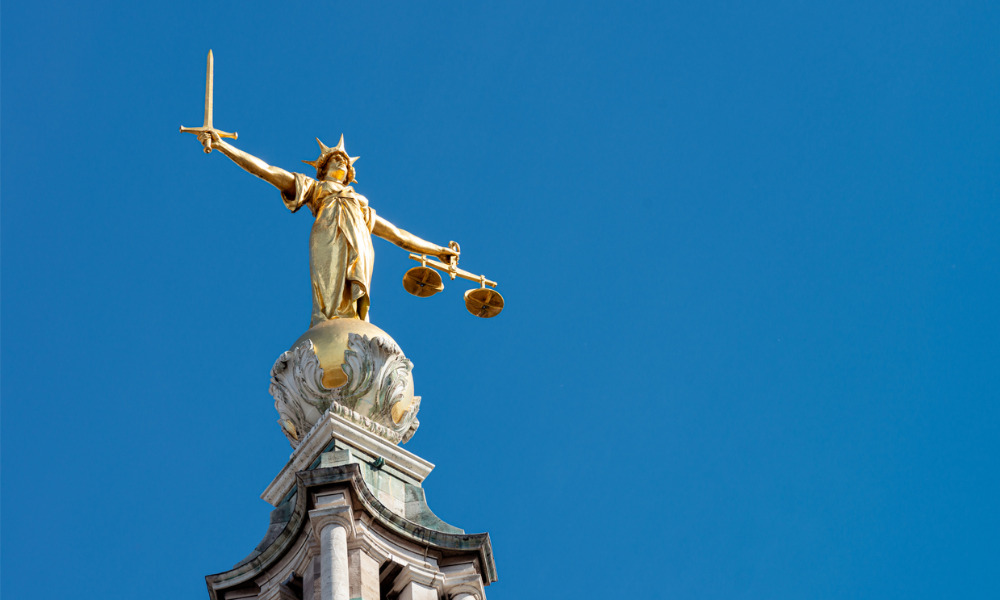
Lord chief justice says no jury trials or other physical hearings can take place unless it is safe

Jury trials and other physical hearings have been halted beginning Thursday in England and Wales to combat the spread of COVID-19, the Lord Chief Justice Ian Burnett has announced.
Physical hearings have been halted in the Crown Courts as the judiciary follows the government’s message to take all precautions to avoid unnecessary contact, he said.
“My unequivocal position is that no jury trials or other physical hearings can take place unless it is safe for them to do so. A particular concern is to ensure social distancing in court and in the court building,” Burnett said.
He said that Her Majesty's Courts and Tribunals Service (HMCTS) is working around the clock to update and add to arrangements already put in place, which include telephone, video, and other technology to continue as many hearing as possible remotely.
Beginning Thursday, no new trials are to start in the Crown Courts, he said. Jurors summoned are being contacted to ask them to remain at home and contact the court they are due to attend.
“They will only be asked to come in for trials where specific arrangements to ensure safety have been put in place. In some cases, this may mean that jurors may be called in to start a new trial later on Monday. All hearings in the Crown Court that can lawfully take place remotely should do so and other hearings not involving a jury should continue if suitable arrangements can be made to ensure distancing,” he said.
Burnett said that efforts to bring ongoing jury trials to a conclusion should continue, provided that social distancing is in place at all times and in all places within court buildings.
“Considerable imagination and flexibility may be needed to achieve that. This is already happening in some Crown Courts. HMCTS will continue to work to ensure that safety measures are in place in all parts of the court building in which trials are already taking place,” he said.
He said that basic hygiene arrangements that the prime minister urged must be available. Resident judges and HMCTS staff will determine whether trials can safely be continued, he said. If it becomes necessary to adjourn trials already underway for a short period of time in order to put safety measures in place, that must be done, he said.
The same considerations also apply to Magistrates’ Courts, he said.
“Magistrates’ Courts will need to continue to deal with urgent work, in accordance with guidance given by the Judiciary to judges and staff. They are the first court to which all criminal cases are referred. All hearings that can lawfully take place remotely should do so if the facilities exist,” he said.
The lord chief justice also noted that guidance has already been given about the use of remote hearings in the Civil and Family courts.
“Hearings requiring the physical presence of parties and their representatives and others should only take place if a remote hearing is not possible and if suitable arrangements can be made to ensure safety,” he said.